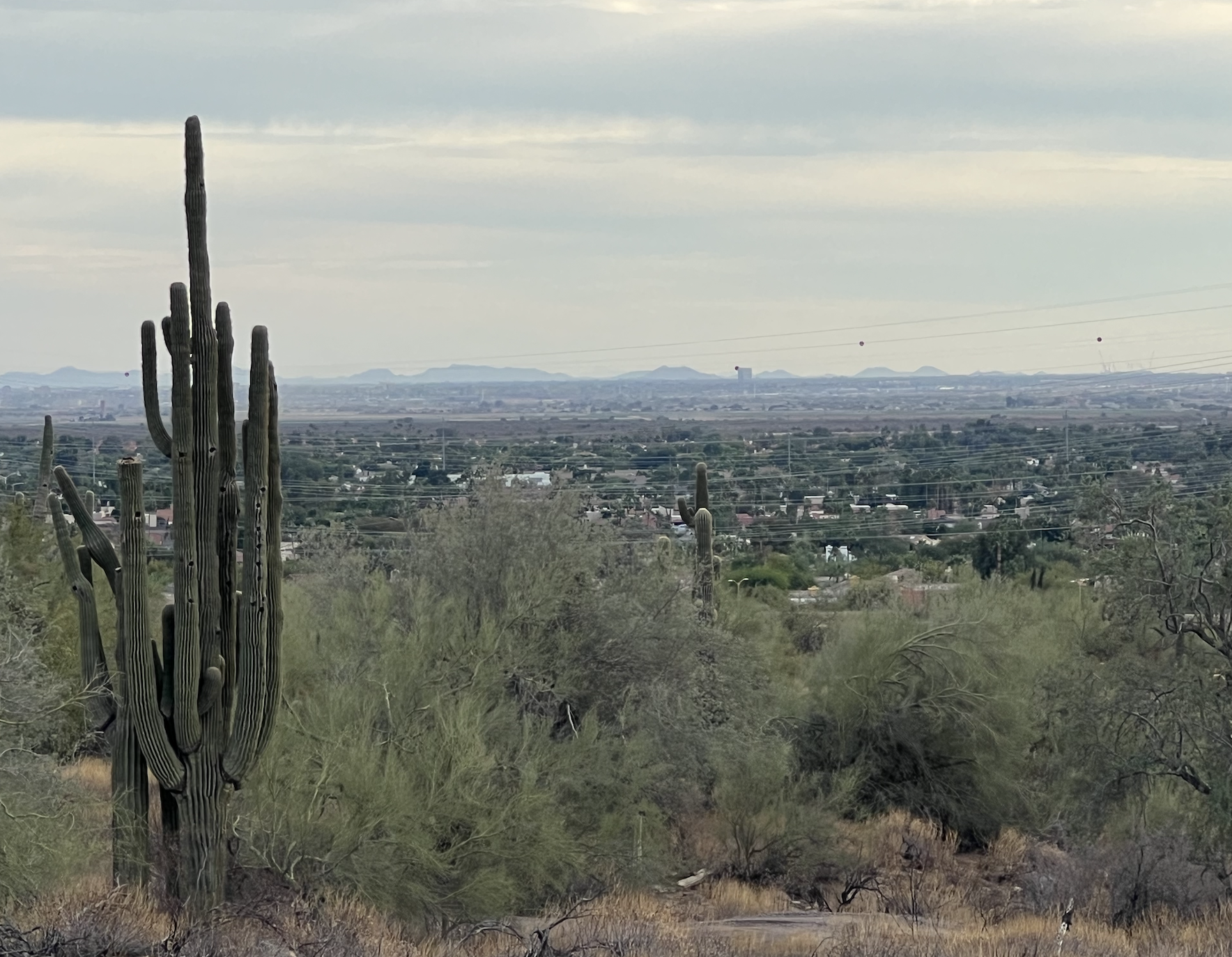New Zealand colleague and friend Glen Lauder just shared this with me — a map of what’s working relevant to the recent earthquake in Christchurch. Everything from welfare centers and portable toilets to free wi-fi hot spots and food retailers. It is a google map that anyone can add to and that anyone can access on the web.
Nobody was killed in this earthquake, 7.1 on the Richter Scale — a bright spot. Yet, there was extensive damage to buildings, property, old homes. Schools closed immediately. There was no public transportation. Many homes were without power and water (sample video; also aerial footage from The Press). There was much that wasn’t working. Aftershock and aftershock arrived. When I checked, after five days there had been over 300 aftershocks (timelapse video of strength, time, depth, location). And handful of those were themselves above 5 on the Richter Scale. As you might imagine, there was a lot of anxiety and stress. It was the headline that most New Zealanders were paying attention too.
With so much “not working,” one of the things I liked about this map is that it was an offering of what “is working.” Immediately useful. And for those of us using Appreciative Inquiry and other appreciative approaches, you can see the immediate attention to shifting energy. There is always something working. A long held tenet in this that I share is, “what we give our attention to grows.” It was so refreshing even to see the heading, “What’s Working” amidst so much that wasn’t.
Another thing I liked about it was that this was offered by a man living in Wellington, David Knight, who just wanted to help. He was a fellow citizen standing up to offer what he could. No assignment. Just moving quickly with what he could. This is the way that it is in self-organizing systems working with emergence. People working from a shared identity (in this case the identity of New Zealander, made immediately clear in the trauma of earthquake) to offer what they can (a map of what is working, help) that serves that identity (helps protect, strengthen). It is an order arising amidst chaos.
So much to learn in this about self-organization. And much about resilience.
